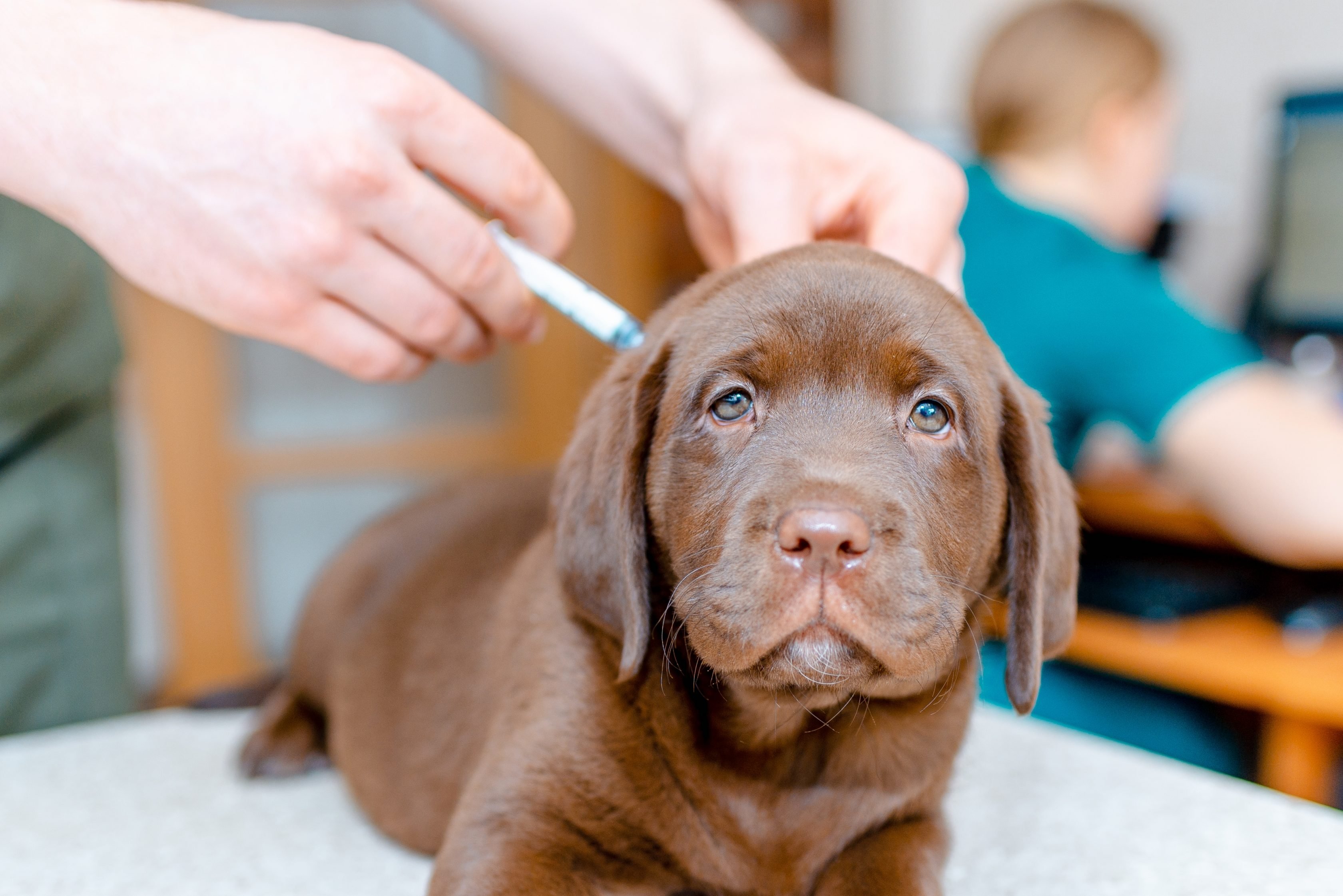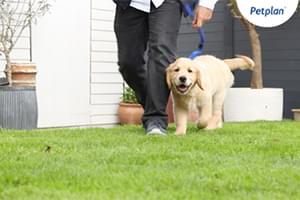Bringing a new pet home is an exciting time, but it also comes with plenty of questions, particularly around vaccinations and their costs.
Having your puppy vaccinated after they leave their mother might not seem like a big deal, but it’s vital to a dog’s health, particularly in the first 12 months of their life.
Not only do vaccinations play a key role in helping your puppy grow into a strong, healthy adult, but they also help stop the spread of serious illnesses to other pets.
To help you give your puppy the best start in life, we’ve put together a handy guide covering all the key points you need to know, including how much puppy shots cost.

















